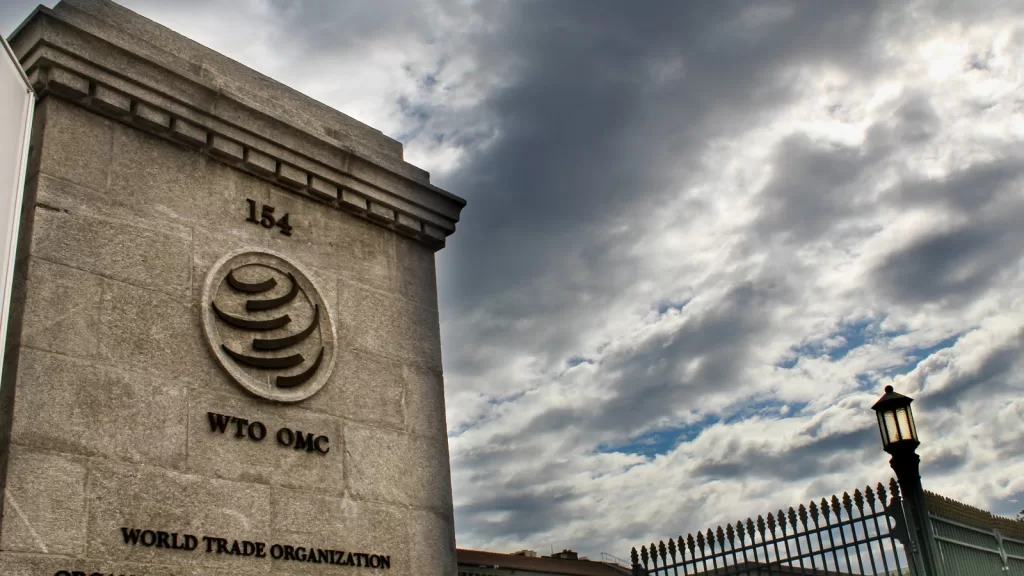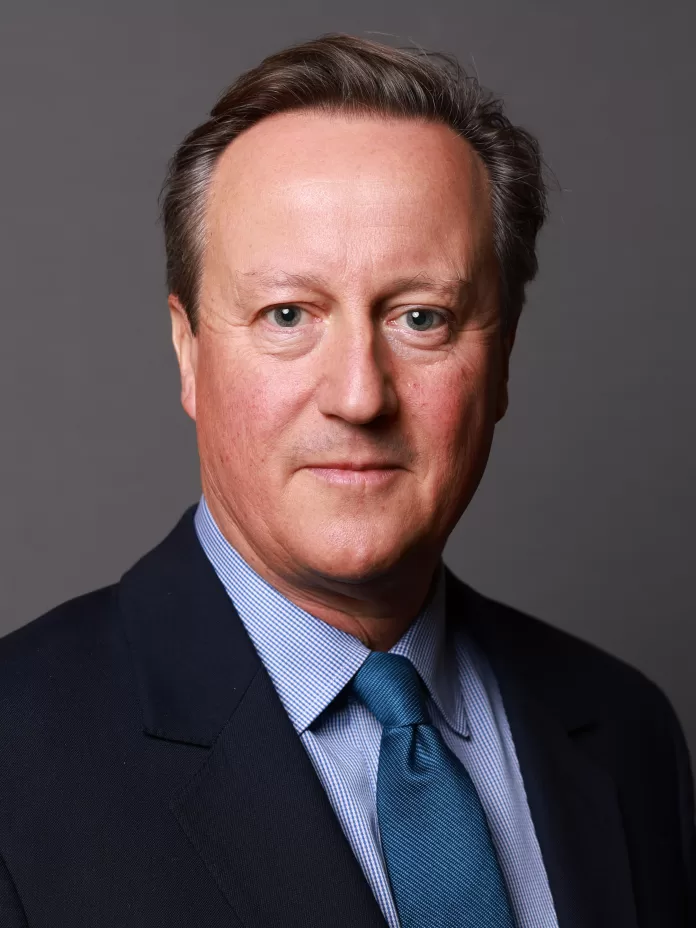EU’s recent trade concession giving tariff waivers to 75 categories of textile imports from Pakistan for three years has evoked exaggerated criticism from EU textile firms contending that since 75% of these relate to textile clothing, leather and related products, it would potentially destroy 140000 jobs in the EU countries. For the record these goods will only be an insignificant Euros 0.10 billion (US$ 0.14 billion) additional to the estimated Euros 3.32 billion exported from Pakistan to EU in 2009. The incongruity of this protest can only be gauged from the available statistics.
In 2009 China exported Euros 214.75 billion to EU as compared to Euros 160.33 billion in 2005, an increase of Euros 54.42 billion. Similarly, India exported Euros 25.38 billion in 2009 as compared to Euros 19.08 billion in 2005, an increase of Euros 6.30 billion. Pakistan’s total exports to EU in 2009 was Euros 3.32 billion, an increase of only Euros 1.26 billion over the Euros 2.06 billion in 2005, constituting only 0.27% of total EU imports, or a total of 1.4% of EU’s textile imports. Even Bangladesh exports to EU increased by Euros 1.69 billion from Euros 4.12 billion in 2005 to Euros 5.81 billion in 2009. Pakistan is the biggest cotton producing country among all these countries and including South Korea, Sri Lanka, Philippines and Thailand, its agro-based economy being more than 60% dependant upon raw cotton, cotton yarn, cotton textiles and cotton made-ups.
Textile countries like Egypt, Morocco, East African countries, Turkey and many other countries enjoy zero duty access in EU. Pakistan’s exports are all commodity items for budget conscious customers which do not compete with the high end fashion items manufactured in Europe. A pillow case being exported to Tesco/Carrefour in 2009 at US cents 50 per piece compares very favourably to a European branded pillow case sold at US$ 10, ie 20 times the value from Pakistan. A large part of textiles in EU are now technical textiles in which Pakistan has hardly any capacity.
We are heavily engaged in a war which is not our choosing but has now become ours to win to survive as a nation. Such glaring facts, and in the face of such extenuating circumstances, should make believers out of the most obdurate skeptics. Positive diplomacy could have got us greater market access for our textiles, particularly after becoming the stepping stone since 2001 for coalition military operations in Afghanistan. Unfortunately our rulers tend to put their own survival over that of the country and are unable to drive a hard bargain. Our “Ground Zero” status on terrorism requires a strong, stable and economically viable Pakistan with an inherent ability to pay our own bills. The war on terror has enhanced the vulnerability of Pakistan’s economy and further underlined the justification of giving us legitimate market access instead of aid. Notwithstanding the success of the Pakistan Army against insurgents because of great sacrifices rendered by our young soldiers, we cannot engage the hearts and minds of the populace effectively without the economic means to do so. Able to fend for ourselves economically, there will be no need to hold out a begging bowl.
The flood havoc has only force-multiplied our problems. Pakistan (alongwith Vietnam) at US$ 1020 per capita income are the lowest per capita income countries currently not designated as vulnerable countries under GSP plus market access that do not enjoy market access under Free Trade Agreement (FTA) arrangement. Over 80 countries above $1020 per capita income are designated as vulnerable countries under the GSP plus criteria for early market access. Where is the fairplay when these include many countries with GNI per capita were above $3000? Moreover lack of market access has negative pressures, the trend of exports to EU from 2001 to 2009 shows that the odds being faced by Pakistan has prevented increase in its exports and industrial activity.
While engaging in the long-term for our genuine rights, in the short-term Pakistani must obtain the quantum of WAIVERS from EU given to others. The EU currently benefits from two Waivers under the WTO which permits the EU to afford duty-free or preferential treatment to eligible products originating in the Republic of Moldova, Albania, Bosnia and Herzegovina, Croatia, Serbia and Montenegro, and the former Yugoslav Republic of Macedonia, and also to Albania, Bosnia and Herzegovina, Croatia, Montenegro, Serbia and the customs territory of Kosovo and the former Yugoslav Republic of Macedonia. These Waivers applies to all products including certain agricultural products for which limited concessions are defined.

The legal framework for such Waivers is that Article IX of the Agreement establishing the World Trade Order (WTO) provides that in exceptional circumstances the EU Ministerial Conference may decide to waive an obligation imposed on a Member by this Agreement or any of the Multilateral Trade Agreements, provided that any such decision shall be taken by three-fourths of EU Members if consensus is not reached during the time-period which shall not exceed 90 days. Where a WTO body fails to reach consensus on a case a matter, it holds further consultations with a view to seek consensus. British PM David Cameron pleaded for greater market access for Pakistan in an EU Summit very recently, the floods have been used by the EU as “exceptional circumstances” justifying the waiver. Karel De Gucht, the EU Trade Commissioner said the EU decision was courageous and would be of considerable help to the Pakistan economy. Even a ten-time increase of about US $ 1 to 2 billion will not even slightly affect any EU member. That the total exports of EU’s 27 current market have fallen to 144202 tons in 2009 from 120644 tons in 2000 is mostly because of China’s rise in global markets and European economic suffering because of Eurozone’s debt problems.
During the Musharraf years our pivotal role in the war in Afghanistan could have got us whatever legitimate demand we asked for. Western capitals are well apprised of the correct facts, why we have failed to present the case more forcefully and raised the stakes is beyond me? Pakistan has not been served well by either our diplomatic corps or those looking after our trade and commerce in presenting our case for greater trade, we have been complacent going the easy route. Unless the western powers wanted to punish Pakistan for some reason, and that is hard to believe, why have we been denied the market access we have repeatedly asked for over the years, it makes no sense.
The force-multiplier effect and optimism created by even the modest export figure increase sanctioned by EU will make a difference in alleviating the misery/disenchantment of the common man of Pakistan, further aggravated very recently by the devastating floods. Purposeful employment for those displaced by the war on terror and the floods will make them less susceptible to being waylaid by extremist elements. While the additional Euros 0.10 billion is quite meager when compared to the numbers given to other countries, one must still thank Heavens for even such small mercies. The goodwill generated for the EU as well as the long-term benefits of stability in the region are tremendous.
Courtesy: The News




